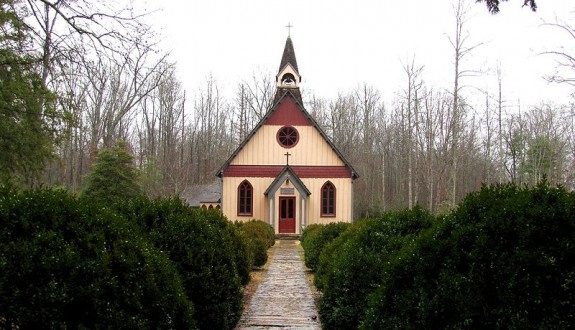Based on the premise that people become more religious as they age, Gallup editor-in-chief Frank Newport predicts that religion will have a more prominent place in American society as a new generation of seniors hits retirement age over the next 20 years. Newport makes the case in his new book, “God is Alive and Well: The Future of Religion in America,” that the baby boom generation will evolve into an increasingly religious demographic.
“If that’s the case, there are so many baby boomers it will affect the overall religiousness in America just like they are going to affect Social Security,” Newport said.
But exactly how boomers will influence religion in America is anybody’s guess. Will they return to the faith of their upbringing or find something new? Will they affiliate with traditional denominations or create new forms of worship? Will they bring with them a more liberal view on social issues or adopt the views of the conservative Christian right?
“We are going to be more religious in this country, but how that is manifest is the question,” said 64-year-old Newport. “We baby boomers have done some unusual things as we’ve moved on through the age spectrum over the decades.”…
…Earlier this month Gallup released the results of its annual survey of religiosity in the United States. It found 69 percent of American adults are very or moderately religious, based on self-reports of the importance of religion in their daily lives and attendance at religious services.
The results from the survey of 320,000 interviews conducted between Jan. 2 and Nov. 30 of this year mirror the findings of other polls that have found Americans are largely a religious people.
But Gallup has found changes occurring within that stable demographic of religious Americans since the 1950s, when religious commitment in the United States was at its peak. The number who identify as Protestant has shrunk from more than 70 percent in the 1950s to about 50 percent today, while the percentage of people who do not have a specific religious identity has increased from about 2 percent to 18 percent during that same period.
But Newport contends neither the drop in Protestantism nor the rise in the so-called “nones” necessarily mean the country is becoming more secular, despite a more vocal and organized atheist movement. He points to Gallup data that show 91 percent of Americans believed in God in May 2011, and in 2012, roughly 40 percent attended religious services once a week and 55 percent said religion is very important in their lives.
“We are still religious underneath it all, but in different ways,” Newport said.












